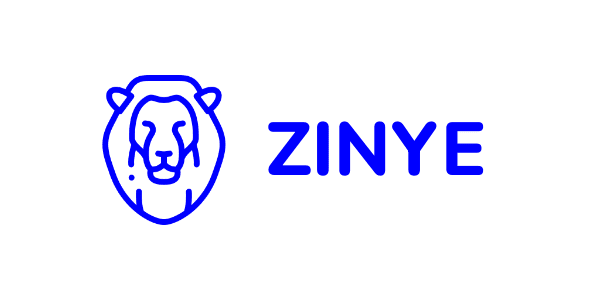Implementing an ERP system is a major investment, and if you want executive buy-in, especially from the CFO, you need a solid business case. CFOs are focused on ROI, cost savings, risk mitigation, and long-term value. They don’t just want to hear about features—they want to see numbers, outcomes, and strategic alignment.
Here’s how to build a compelling ERP business case that CFOs will take seriously.
1. Start With Clear Objectives
Before diving into costs or technology, define why your company needs ERP. CFOs want to know what business problems the ERP solves. ✅ Best practices:
- Identify pain points in finance, operations, or HR
- Quantify inefficiencies (e.g., “closing books takes 10 days longer than industry average”)
- Show how ERP aligns with strategic company goals
A clear “why” helps executives understand the value beyond software.
2. Quantify Costs and Savings
CFOs respond to hard numbers, not generic statements. Include:
- Total cost of ownership (licenses, implementation, training, support)
- Expected savings (reduced errors, faster reporting, less manual work)
- Projected revenue gains (faster order fulfillment, improved customer retention)
✅ Tip: Use realistic assumptions and provide ranges to show conservative and optimistic scenarios.
3. Show ROI Timeline
CFOs want to know when the investment pays off. Include:
- Break-even point
- Short-term and long-term ROI
- Ongoing benefits after the first year
Demonstrating a clear timeline builds confidence that ERP is a financially sound investment.
4. Address Risks and Mitigation
A strong business case doesn’t ignore risks—it addresses them. CFOs will ask:
- What happens if implementation is delayed?
- How will data migration issues be handled?
- What’s the plan to ensure adoption?
✅ Show risk mitigation strategies to reduce uncertainty and increase executive confidence.
5. Align With Strategic Business Goals
ERP is not just an IT project—it’s a business transformation tool. CFOs care about long-term strategy. Link ERP outcomes to:
- Growth initiatives (scaling operations, new product lines)
- Compliance and regulatory requirements
- Operational efficiency improvements
Connecting ERP to business strategy demonstrates that the investment drives meaningful, measurable results.
Final Thoughts
A strong ERP business case convinces CFOs by combining quantifiable ROI, risk mitigation, and strategic alignment. Focus on clear objectives, real numbers, and long-term value. With a well-structured business case, you’ll increase the likelihood of executive approval and set the stage for a successful ERP implementation.
